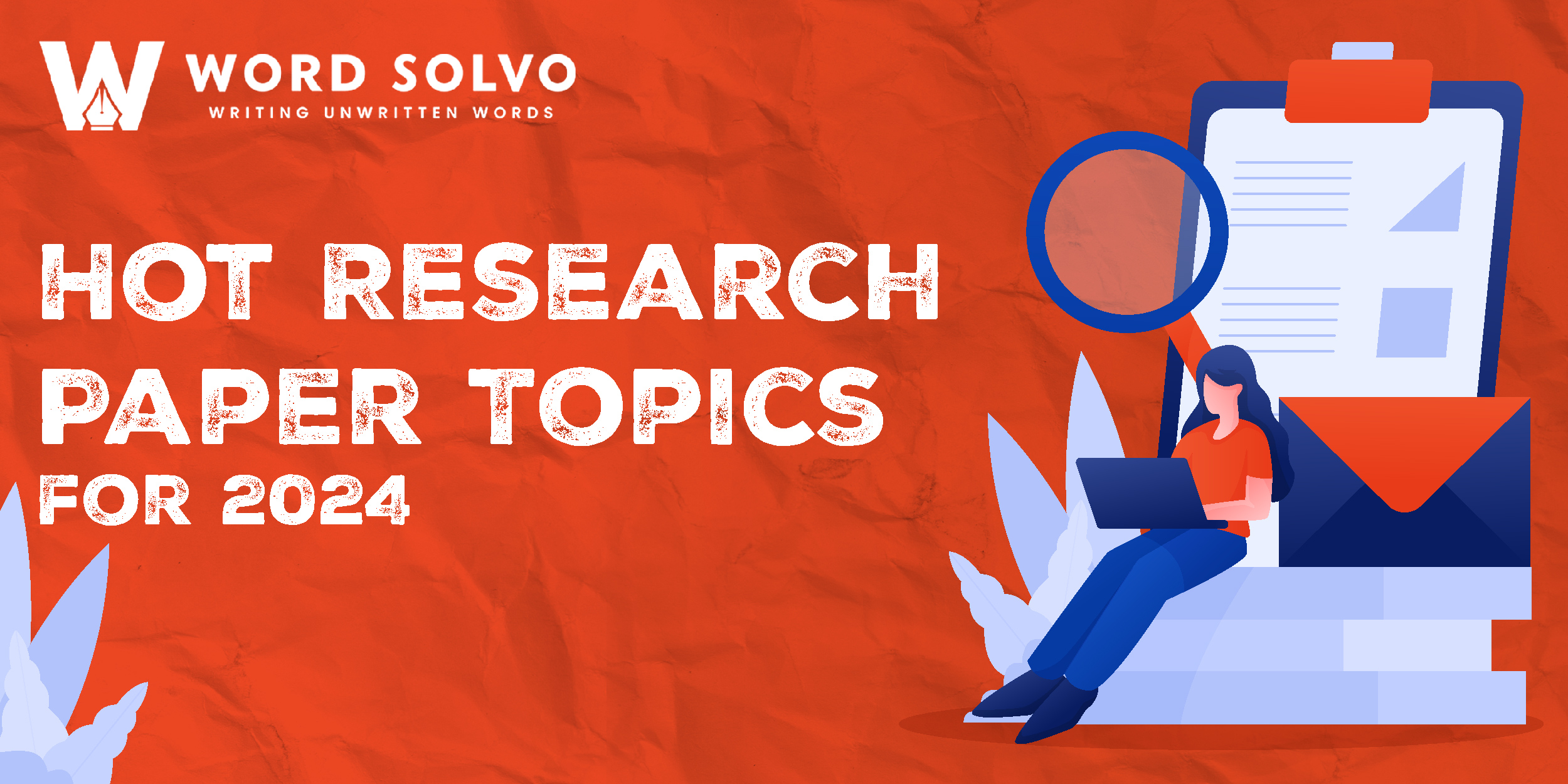Introduction
Congratulations! You've secured admission to your PhD program, embarked on the exciting world of research papers, and even explored the intricacies of APA formatting. Now comes a crucial step – selecting and refining your research topic.
A well-defined research topic is the cornerstone of a successful PhD journey. It guides your research direction, shapes your inquiry, and ultimately forms the foundation of your dissertation. This blog delves into the importance of crafting a clear and focused research topic.
We'll explore strategies to help you:
Identify Your Interests: Align your research topic with your academic interests and passion areas to fuel your motivation throughout the long haul of a PhD program.
Address a Knowledge Gap: Effective research topics contribute new knowledge to your field. We'll provide tips on identifying gaps in existing research and formulating a research question that addresses these gaps.
Ensure Feasibility: Consider the practicalities of your research topic. Factors like access to data, research methodologies, and supervisor expertise all play a role in the feasibility of your research project.
Refine and Focus: We'll guide you through techniques to refine your research topic, ensuring it's specific enough to be manageable yet broad enough to offer meaningful insights.
By the end of this blog, you'll be equipped with a clear roadmap to develop a compelling research topic that sets you on the path to a successful and impactful PhD experience.
Related: The Power of Research Papers: Fueling Your PhD Journey
15 Research Paper Topics for 2024: Exploring Current Trends
While a strong research topic ultimately stems from your personal interests and aligns with your supervisor's expertise, here are 15 examples of potential PhD research topics that consider current trends and emerging areas of inquiry in 2024:

The Impact of Artificial Intelligence on the Future of Work: Explore how AI is changing job landscapes, workforce skills needed, and potential policy implications.
Climate Change and Public Policy: Analyse the effectiveness of current climate policies and investigate innovative approaches for sustainable development.
The Rise of Misinformation in the Digital Age: Examine the spread of fake news and its impact on political discourse and social dynamics.
The Ethical Considerations of Gene Editing Technologies: Investigate the ethical and societal implications of CRISPR and other gene editing advancements.
The Evolving Landscape of Cybersecurity Threats: Analyse new cyber threats emerging in the digital age and propose solutions for enhanced cybersecurity measures.
The Mental Health Effects of Social Media on Gen Z: Investigate the specific relationship between social media use and mental health outcomes in this age group.
The Effectiveness of Online Learning Platforms in Higher Education: Analyse the impact of online learning on student engagement, learning outcomes, and potential challenges or inequalities.
The Intersection of Race and Technology Education: Explore access disparities in STEM fields and investigate strategies to promote diversity and inclusion in technology education initiatives.
The Potential of Quantum Computing in Drug Discovery: Investigate how quantum computing can accelerate drug discovery processes and explore its potential impact on pharmaceutical research and development.
The Development of Biocompatible Materials for Medical Implants: Research new materials for medical implants that minimise rejection and improve long-term functionality.
The Applications of Blockchain Technology in Supply Chain Management: Analyse how blockchain can increase transparency, traceability, and efficiency in supply chains across various industries.
The Representation of Climate Change in Contemporary Art: Examine how artists are using different mediums to raise awareness about climate change and its impact on society.
The Rise of Social Justice Movements in Popular Culture: Investigate how social justice issues are being portrayed and addressed in popular culture (e.g., film, music, literature) and their potential influence on social change.
The Impact of Virtual Reality on Storytelling and Narrative Forms: Explore how virtual reality technologies are transforming storytelling experiences and reshaping narrative structures.
The Intersection of Artificial Intelligence and Public Policy: Investigate the ethical and policy considerations surrounding the development and implementation of AI technologies, particularly in areas like autonomous weapons or algorithmic bias.
Broad Disciplines:
Social Sciences and Education:

Science and Technology:
Arts and Humanities:
Interdisciplinary:
Having a compelling research topic is just the first step. Once you've refined your topic and conducted your research, dissemination is key. In our next blog, "Publishing Your Research: Finding the Right Platform," we'll delve into strategies for identifying suitable academic journals and conferences to share your research findings with the world.

